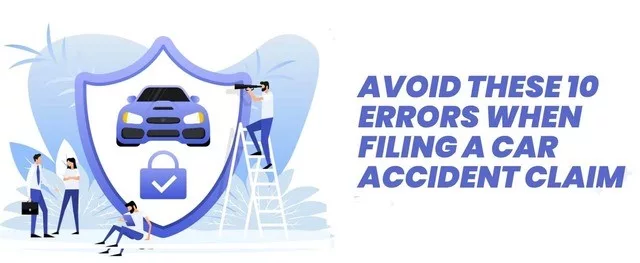Automobile collisions are tragic and can alter people’s lives. When confronted with the aftermath of an accident, it is imperative to submit a car accident claim to seek compensation for the damages sustained. Even with this, many people unknowingly make costly errors that diminish their chances of receiving a fair settlement. In this article, we will discuss the Errors When Filing a Car Accident Claim and provide valuable guidance on navigating the process effectively.
Accidents involving motor vehicles are horrifying, so that emotions may run high. When filing a claim for a car accident, it is crucial to maintain composure and adhere to the proper procedures to protect your rights and guarantee a fair outcome. By avoiding these common mistakes, you can increase your likelihood of receiving the compensation you deserve.
1. Failing to Contact the Police
After an automobile accident, calling the police is a crucial action that should always be considered. It is in your best interest to report the incident and have a police officer document the scene, regardless of the collision’s severity. Their investigation and report can be used as supporting evidence for your claim. Failure to notify the police may make it difficult to establish liability and substantiate damages in the future, jeopardizing your chances of receiving adequate compensation.
2. Admitting Fault
Even if they are not at fault, it is natural for people to feel compelled to apologize or assume responsibility following a car accident. However, acknowledging culpability can significantly weaken your case. It is essential to refrain from making statements that may imply guilt or liability. Leave the determination of fault to the insurance companies and police, who will conduct a thorough investigation. Not admitting fault increases your odds of receiving an equitable settlement.
3. Delaying Medical Care


Some injuries may not manifest symptoms promptly after a car accident. Even if you initially feel fine, it is crucial not to disregard your health and to seek immediate medical attention. Specific injuries, such as whiplash, may take time to manifest symptoms, but they can have long-lasting consequences for your health.
Delaying medical treatment jeopardizes your health and weakens your compensation claim. The insurance company may contend that your injuries are unrelated to the accident or are insufficiently severe to warrant compensation.
Seeking immediate medical attention helps establish a special connection between the accident and your injuries, bolstering your compensation claim.
4. Not Collecting Evidence
Evidence is essential to supporting your auto accident claim. The greater the quantity of evidence, the stronger the case. After a collision, collecting as much evidence as possible is necessary. Take photographs of the accident scene, including visible injuries and vehicle damage.
Collect the contact information of witnesses who can vouch for your account of the events. Provide the other driver(s) with your data, including their name, phone number, address, and insurance information.
Gathering exhaustive evidence establishes a firm foundation for proving liability and damages, thereby substantially enhancing your odds of receiving a fair settlement.
5. Failing to Employ a Personal Injury Lawyer
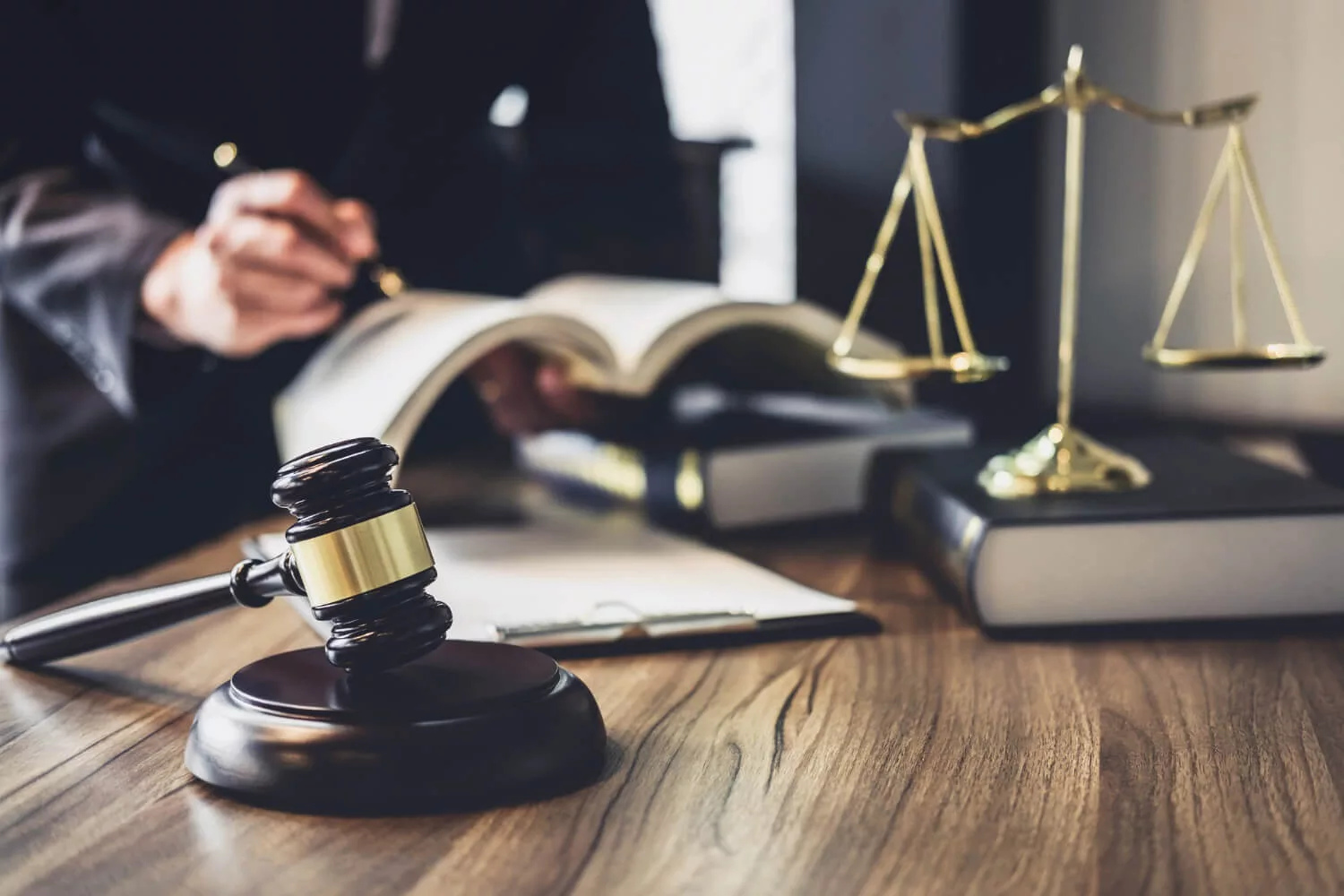

It can be overwhelming to navigate the legal complexities of a car accident claim, mainly when dealing with insurance companies that have their interests in mind. Numerous individuals require professional legal counsel.
Hiring a personal injury attorney who specializes in automobile accident claims can significantly increase your chances of success. A lawyer will defend your legal rights, manage legal procedures, collect evidence, negotiate with insurance companies, and advocate for your best interests.
They have the expertise and experience to navigate the legal system effectively, ensuring you receive the compensation you deserve.
6. Setting Too Soon
After an accident, insurance companies may propose a settlement immediately. It may be tempting to accept immediate compensation, but extreme caution is required. These early settlements typically need to catch up to what you truly deserve.
Accelerated payments make it possible for insurance companies to reduce their costs. Consult a personal injury attorney who can assess the actual worth of your claim to ensure that you receive fair compensation. A lawyer will negotiate to reach a settlement covering all your damages.
7. Making a Recorded Statement Without Legal Counsel
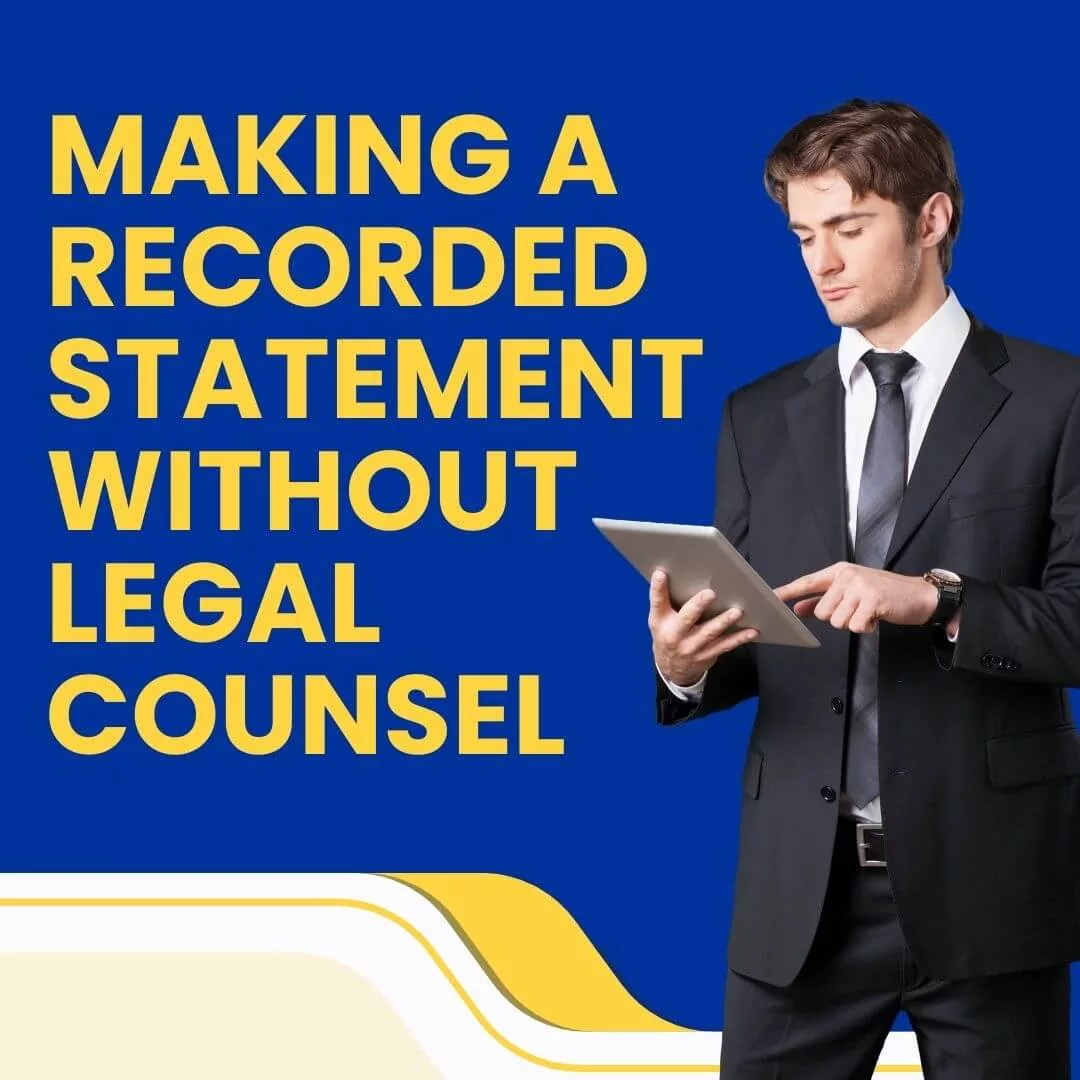

Insurance adjusters may request that you provide a recorded statement concerning the accident. Remember that their primary objective is to minimize the money the insurance company must pay. Providing a recorded message without consulting with an attorney can harm your case.
Adjusters from your insurance company may use your comments against you or distort your words to undermine your claim. Consult with your personal injury attorney before making any recorded statements. They can guide what to say and safeguard your rights.
8. Underestimating Damages
When filing a claim for a car accident, it is crucial to consider all the damages you have sustained. Many undervalue their injuries and only consider their urgent medical costs and vehicle repairs. However, automobile collisions can have lasting physical, emotional, and financial effects on insurance.
These include ongoing medical treatment, rehabilitation, wage loss, diminished earning potential, pain, and suffering, and emotional distress. Working with a personal injury attorney can assist you in accurately assessing and documenting your damages, allowing you to seek total compensation for all your losses.
9. Ignoring Deadlines
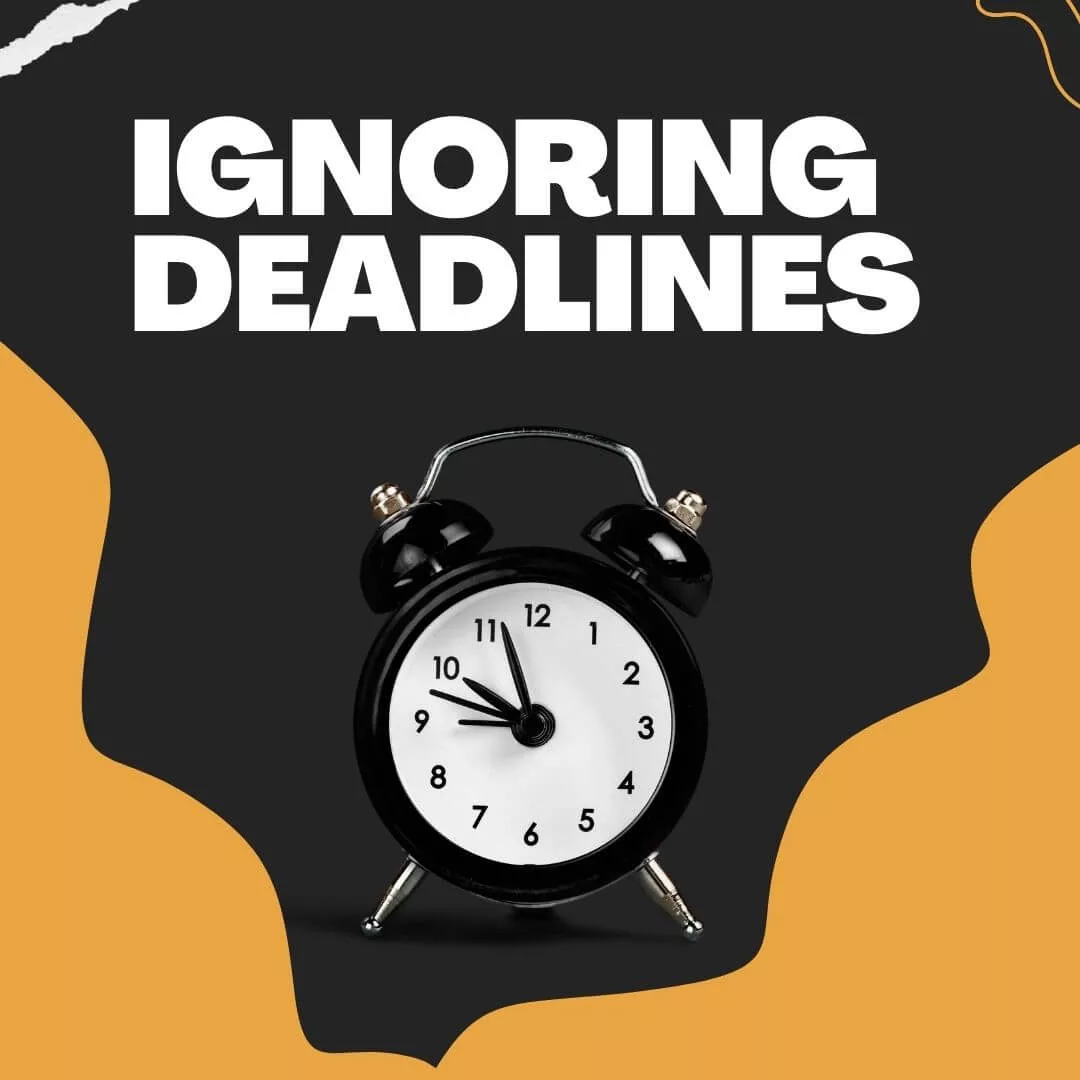

The deadlines and statutes of limitations for auto accident claims differ by jurisdiction. Adherence to these deadlines may result in your right to compensation being forfeited. It is essential to be aware of the specific time constraints and to act promptly.
Consult with a personal injury attorney as soon as feasible after the accident to ensure you understand and adhere to all filing deadlines. They will guide you through the procedure and ensure you know all pertinent deadlines. Personal Injury lawyers are not expensive; rather, they will help you at the right place and save you a lot of money.
10. Failing to Maintain Evidence
Preserving evidence is essential for establishing the accident’s facts and proving your claim. Please maintain proof to ensure your case is argued. Avoid making the error of disregarding or abandoning any accident-related evidence. This includes retaining copies of medical records, repair estimates, correspondence with insurance companies, and any other pertinent documentation.
Also, preserve any physical evidence, such as damaged vehicle components or affected personal property. Your personal injury attorney can advise you on the categories of evidence to collect and how best to do so.
Conclusion
By avoiding these common errors when filing a claim for a car accident, you can protect your legal rights, bolster your case, and increase your chances of receiving fair compensation for your damages. Consult a personal injury attorney who can provide guidance and representation throughout the entire procedure.
Frequently Asked Questions (FAQs) about Filing an Automobile Accident Claim
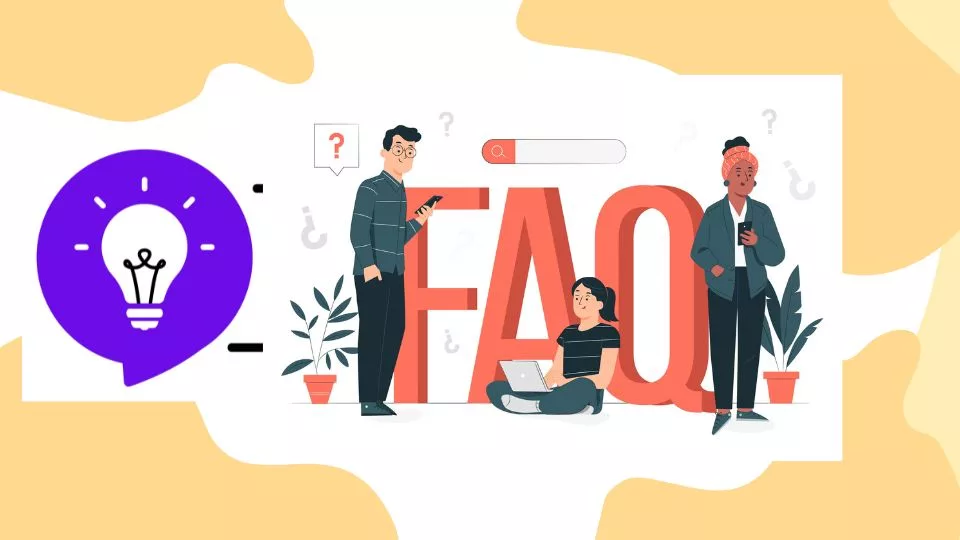

Regardless of the severity, it is imperative to contact the police promptly after a car accident. Even minor accidents should be reported to obtain an official police report and documentation of the incident.
Q. After a car accident, should I acknowledge fault?
A: No, it is not recommended to acknowledge guilt after a car accident, even if you believe you may have contributed to the incident. Admitting guilt can reduce the likelihood of receiving reasonable compensation. Permit the insurance companies and police to investigate and determine liability.
Q. What if I do not feel injured following the collision? Should I seek medical attention anyway?
A: It is imperative to seek medical attention after an accident, even if you feel well. Some injuries, such as whiplash, may not produce immediate symptoms but can result in long-term complications. A prompt medical examination can document any potential injuries and guarantee your health.
Q. What evidence should I collect following a car accident?
A: Gathering as much evidence as feasible to support your claim is essential. Take photographs of the accident scene, the damaged vehicles, and any visible injuries. Obtain the contact information of witnesses and other involved drivers. Additionally, maintain documentation of medical remedies, repair estimates, and insurance-related correspondence.
Q. Should I accept the insurance company’s initial settlement offer?
A: It is generally advisable to consult with a personal injury attorney before accepting the insurance company’s initial settlement offer. Initial offers are frequently below the actual value of your claim. A lawyer can evaluate the true value of your claim and negotiate a reasonable settlement on your behalf.
Q. Do I need a personal injury attorney to file a claim for a car accident?
A: Although engaging a personal injury attorney is not required, it can significantly improve your prospects of winning your case. A lawyer can guide you through the complexities of the law, safeguard your rights, collect evidence, negotiate with insurance companies, and advocate for you to receive the compensation you deserve.
Q. What happens if I miss the deadline to file a claim for a car accident?
A: If you miss the deadline, also known as the statute of limitations, you may lose your entitlement to compensation. It is crucial to be aware of your jurisdiction’s deadlines and act promptly. Consult a personal injury attorney as soon as possible following the accident to ensure you meet all deadlines.
Q. How can a personal injury attorney assist me with my automobile accident claim?
A: A personal injury attorney specializing in auto accident claims can significantly help. They will guide you through the entire process, protect your rights, collect evidence, determine the value of your claim, negotiate with insurance companies, and represent your best interests, increasing your possibilities of obtaining a fair settlement.


